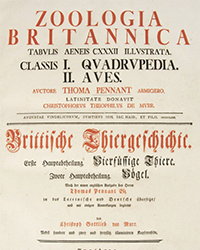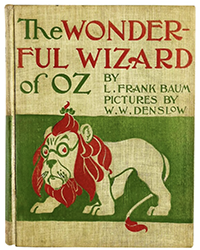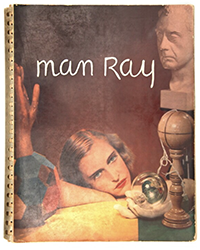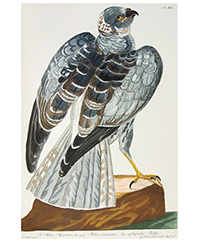Not only did the collector's great-grandfather write a book, so did his aunt, whose library formed part of this collection. Item 24 is Pig-Tail Days in Old Seattle, a 1937 title by Sophie Frye Bass. Ms. Bass was a granddaughter of Seattle founder Arthur Denny. Item 24. $350.
Item 107 is William I. Marshall's Acquisition of Oregon and the Long Suppressed Evidence about Marcus Whitman, published in 1911. Whitman was a Protestant missionary who set up a mission to the Cayuse Indians in what is now eastern Washington in 1836. He developed excellent relations with the locals. He returned east a few years later, but carved out a route back in 1843. It became the trail tens of thousands would follow to Oregon in the years ahead. Unfortunately, the immigrants brought diseases to which the Indians had no immunity. An outbreak of measles decimated the Cayuse, particularly wiping out their children. Since its impact was much less on the European immigrants, the Cayuse became very suspicious of their guests, and in 1847 acted out their suspicions by attacking and killing Whitman, his wife, and many others with them. As to what is the evidence about Whitman that was suppressed, I don't know (naturally enough as it was suppressed). $350.
Item 56 is one of those books not related to the Northwest. Rather, it is a collection of essays, gathered together by E.N. Elliott and published in 1860, on the subject of slavery. As Elliott notes, “there is a great wrong somewhere.” However, that wrong, in Elliott's eyes, was not slavery. He devotes 908 pages to showing how benign the institution is in Cotton is King, and Pro-Slavery Arguments. In a delusional attempt to defend the practice, Elliott maintains that slavery, as practiced in the South, is nothing like the cruel practice of earlier times. Rather, it is a system of mutual benefit to slave and master alike, sort of like being a paid servant, except this is a mutually beneficial arrangement in which the slave is obligated to take part. It is kind of the slave's moral duty to participate. The slave is not “property,” since he is entitled to care, protection, subsistence, counsel and guidance. Meanwhile, the master is “the sole arbiter in all his [the slave's] wrongs and difficulties, and as a merciful judge and dispenser of law to award the penalty of his misdeeds.” The slave, of course, did not get to award penalties for the master's misdeeds. Elliott obviously not only had a different definition of “slavery,” but of “merciful” as well. $45.
Restoration Books may be reached at 206-322-8852 or jcb@restorationbooks.com.


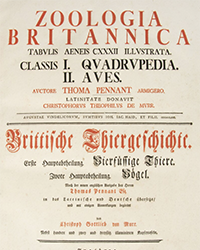

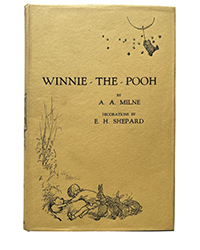
![<b>Sotheby’s:</b> Ernest Hemingway. <i>Three Stories And Ten Poems,</i> [Paris], (1923). First edition of Hemingway’s first published book. $75,000. Sotheby’s: Ernest Hemingway. Three Stories And Ten Poems, [Paris], (1923). First edition of Hemingway’s first published book. $75,000.](https://ae-files.s3.amazonaws.com/AdvertisementPhotos/acf970a0-a15d-4c79-aa24-5e8e414cb465.png)
